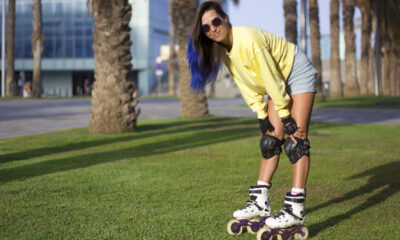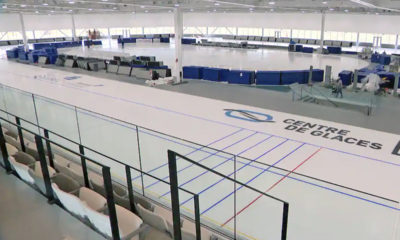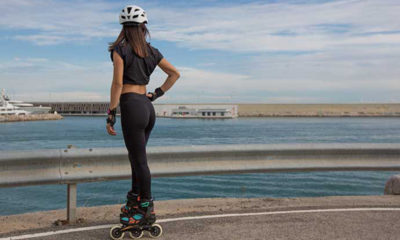The Los Angeles Times just released a new video that features Makeda Easter reporting on how black culture made roller skating popular. Makeda Easter is an arts staff writer at the Los Angeles Times who decided to give roller skating a ty after seeing roller skaters videos on social media platforms like Tick Tok.
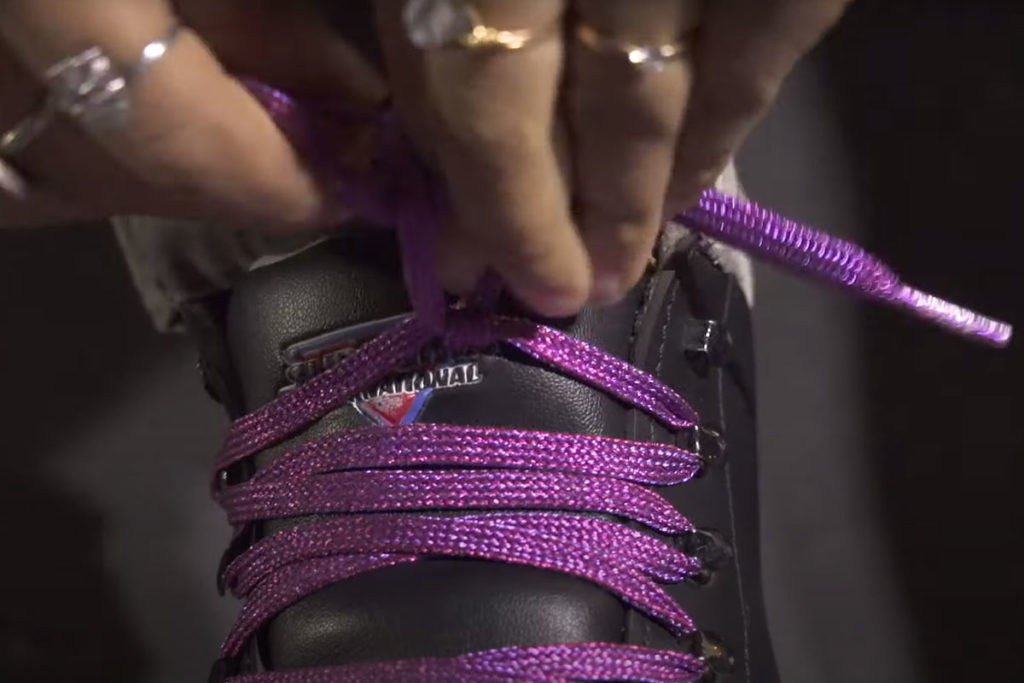
What was in the video….
“They’re saying, oh, skating is coming alive again. They’re saying, oh. We’re bringing it back because of Tick Tock and Instagram. And it’s just not true. Technically, Black people have been skating in rinks for years. We’ve been skating in Venice since day one. We never stopped doing it.”
“My name is Makeda Easter. I’m an arts reporter at the Los Angeles Times. I was on Tik Tok and Instagram and like seeing these videos,. These women skating on the streets with, like all these palm trees. They look like they were having so much fun. I was immediately like, I want to do that myself. I met up with Roxy, a roller skater I met through Instagram and got some skating tips.
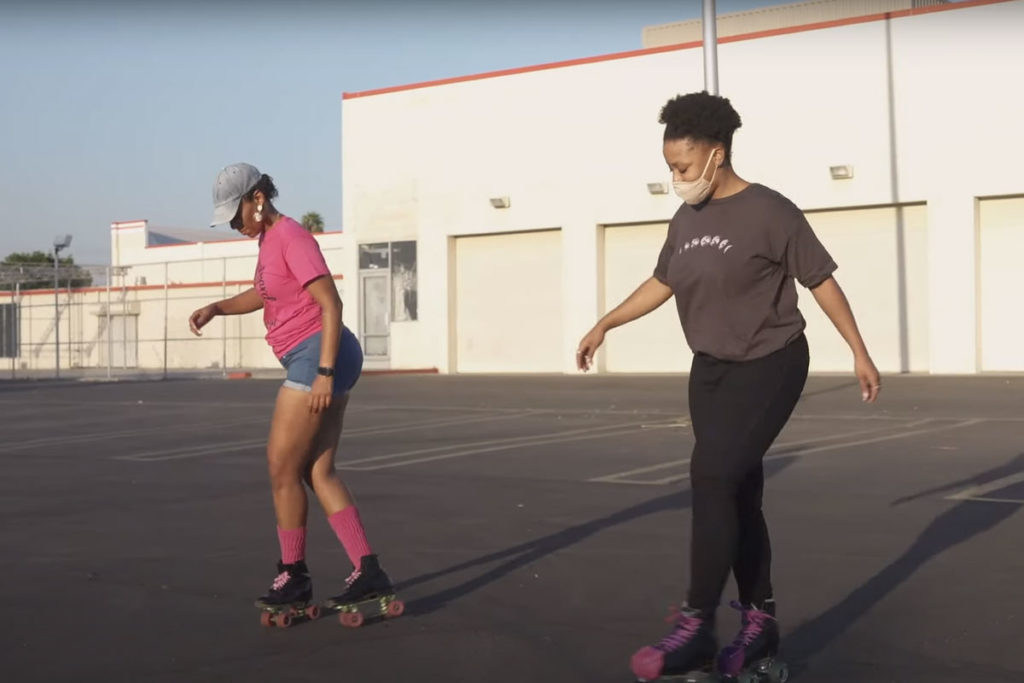
“Roxy had been an indoor roller skater for more than a decade. Before the pandemic hit, forcing indoor rinks to close. Now she’s transitioning to outdoor skating. After this pandemic happened, you know, a lot of our indoor skaters. Were like major stress. We’re like, what are we gonna do now? A lot of indoor skaters just haven’t been skating. With me, on the other hand, I’m like, this pandemic is not going to stop me. Because it’s therapeutic. It’s a stress reliever. So I’m like, I can’t just stop skating. It’s just not me. It’s a lot of them.”
“We have this thing called sliding. You go to one end of the rink to the other. We do, it’s called “Slow Walk”. We do, it’s called “Downtown. “The move that I most want to learn is called “The Downtown”. It’s kind of like this grape vine step. Where you step over and behind. It’s actually a line dance. So whenever you’re at like a big roller skating event, a big group of people will do this move in unison. I really want to join the line. Like, that’s my goal.”
“I think it’s blown up just because it’s the new thing, they say. Skating has been around for decades. It originated from the Black people. We should have credit where credit’s due. Black culture and skating go hand-in-hand. This journey of like me learning to skate and then learning like the history of roller skating. As it pertains to like the Black community, it’s been really cool to to learn. To learn more about the history of outdoor roller skating in L.A. I met up with James Rich, a.k.a. Buckwild. He began skating in the 80s at Venice Beach alongside a group of primarily black skaters. Who gained global recognition for their dancing.”
“They still meet up to skate every week. We had been arrested for skating because our music sometimes was too loud. Or they were coming up with any excuse whatsoever to stop us from being able to have this fun. Because they saw a bunch of African-Americans congregating in one spot and they felt this…this can get out of hand any second. And they were right. There were Bloods, Crips and all of them. But when they came to this skate area, it was almost like they dropped the flag. You didn’t see a bunch of gang violence right there, all you saw was people coming together to just have a great time. But the police didn’t believe that. I say, you know, if you’re curious about it, try it. You might like it.”
“After a quick skate lesson from Buckwild, I felt like I was just about ready to join the line. I started Roxy’s Backyard Skate Boogie on my birthday. My birthday was July eleventh. Since everything was shut down, we all met here. I had my little speaker. We were out here like all night. And I’m like, you know what? I want to keep this going. So far, I’ve been doing it like once a month and it’s just been getting bigger and bigger.”
“Skating is about unity. Come together. So in the end, did I master the downtown? Definitely not. But I was able to keep up with the group, at least for a little while, which was more important. Many of the skaters I talked to said skating was their outlet or form of therapy and after skating for a few months during these chaotic times that we’re in, it makes sense.”
Follow Makeda Easter on Twitter: https://twitter.com/makedaeaster
Follow Makeda Easter on Facebook: https://www.facebook.com/latimes
Follow Makeda Easter on Instagram: https://www.instagram.com/latimes_entertainment/
Watch more news videos at the Los Angeles Times YouTube channel

Top Skating News
-
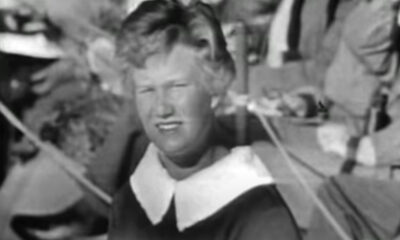

Figure Skating
/ 1 year agoRemembering Sjoukje Dijkstra: The Dutch Skating Legend Who Charmed the World
The world of figure skating has lost one of its brightest stars,
-
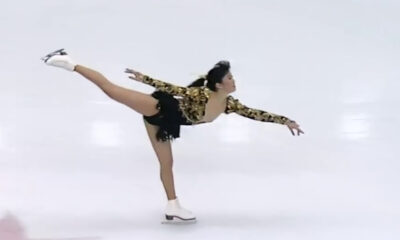

Figure Skating
/ 1 year agoThe Enduring Legacy of Kristi Yamaguchi
An Olympic gold medalist, a World Champion, and a beloved public figure.
-
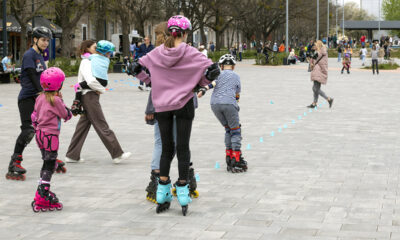

Roller Skating
/ 2 years agoSkating Community Building: Tips for Organizing Local Events
Roller skating isn’t just a hobby; it’s a community. Whether you’re gliding around the...
-
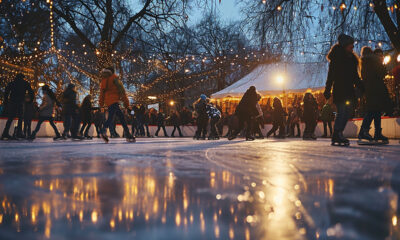

Figure Skating
/ 2 years agoNational Skating Month Celebrating the Skating Community
National Skating Month: A Time for Skaters to Shine
-
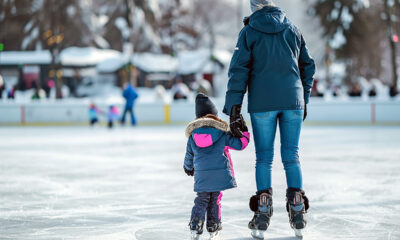

-
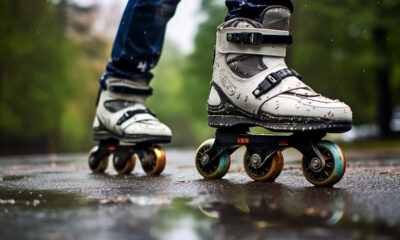

Inline Skating
/ 2 years agoTips and Techniques for Inline Skating in Extreme Conditions
Tips for Inline Skating in Challenging Weather
